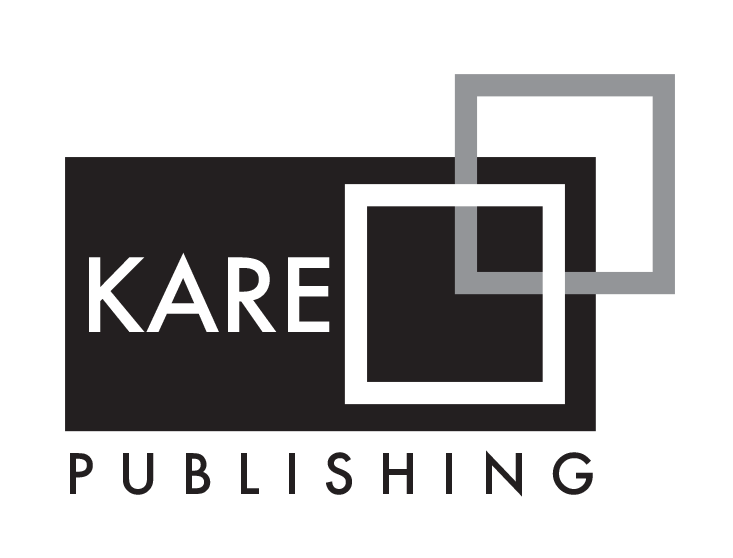2Department of Public Health, Eskişehir Osmangazi University Faculty of Medicine, Eskişehir, Türkiye
3Department of Midwifery, Lokman Hekim University, Faculty of Health Sciences, Ankara, Türkiye
4Department of Gynecology and Obstetrics, Ankara City Hospital, Ankara, Türkiye
Abstract
Introduction: The goals of this study are to determine the knowledge levels of pregnant women regarding prenatal diagnosis and antenatal care, examine associated variables, and assess their relationship with health literacy.
Materials and Methods: This cross-sectional study was conducted on 386 pregnant women aged between 17 and 42 who presented to an Education and Research Hospital in Ankara. The research was carried out between March 15, 2020, and September 15, 2020. The knowledge levels of pregnant women about prenatal diagnosis and antenatal care were assessed using 26 information questions. Health literacy level was evaluated using the European Health Literacy Short Form. Chi-square test and logistic regression analysis were used for data analysis. A significance level of p≤0.05 was accepted.
Results: 37.3% of pregnant women reported obtaining information from healthcare professionals. The most well-known information was “Smoking and alcohol should be completely stopped before getting pregnant,” with 96.6%. Pregnant women with sufficient health literacy had significantly higher levels of knowledge about prenatal diagnosis and antenatal care as compared to those with insufficient literacy. Inadequate knowledge about prenatal diagnosis and antenatal care was found in those with lower spouse education levels, poor family income, and irregular prenatal checkups, and those who did not seek information before pregnancy.
Discussion and Conclusion: It was observed that pregnant women with adequate health literacy had higher knowledge levels about prenatal diagnosis and antenatal care. Increasing the health literacy levels of pregnant women can enhance their knowledge in the field of prenatal diagnosis and antenatal care, ultimately reducing maternal and infant mortality.
2Halk Sağlığı Anabilim Dalı, Eskisehir Osmangazi Üniversitesi, Eskisehir, Türkiye
3Ebelik Bölümü,Lokman Hekim Üniversitesi, Sağlık Bilimleri Fakültesi, Ankara, Türkiye
4Kadın Hastalıkları ve Doğum Anabilim Dalı, Ankara Şehir Hastanesi, Ankara, Türkiye
Giriş: Bu çalışmanın amacı; gebelerin prenatal tanı ve antenatal bakım konularındaki bilgi düzeylerini belirlemek, ilişkili olduğu düşünülen değişkenleri incelemek ve sağlık okuryazarlığı ile ilişkisini değerlendirmektir.
Gereç ve Yöntem: Bu çalışma, Ankara'da bulunan bir Eğitim ve Araştırma Hastanesi'ne başvuran 17-42 yaş arasındaki 386 gebe üzerinde gerçekleştirilen kesitsel bir araştırmadır. Araştırma, 15.03.2020 - 15.09.2020 tarihleri arasında gerçekleştirilmiştir. Gebelerin prenatal tanı ve antenatal bakım bilgi düzeyleri 26 bilgi sorusu ile değerlendirilmiştir. Sağlık okuryazarlık düzeyi, Avrupa Sağlık Okuryazarlığı Ölçeği Kısa Formu kullanılarak değerlendirilmiştir. Verilerin analizinde Ki-kare testi ve Lojistik Regresyon Analizi kullanılmıştır. İstatistiksel anlamlılık değeri p≤0.05 kabul edilmiştir.
Bulgular: Gebelerin %37.3'ü sağlık çalışanlarından bilgi edindiklerini belirtmiştir. En çok bilinen bilgi, %96.6 ile "Gebe kalmadan önce sigara ve alkol kesinlikle tamamen bırakılmalıdır" olmuştur. Yeterli sağlık okuryazarlığı düzeyine sahip olanlarda prenatal tanı ve doğum öncesi bakım bilgi düzeyi, yetersiz düzeyde olanlara göre anlamlı derecede daha yüksektir. Eşinin öğrenim düzeyi düşük, aile gelir durumu kötü olanlarda, gebelikte sağlık kontrollerini düzenli yaptırmayanlarda ve gebelik öncesinde bilgi almayanlarda prenatal tanı ve antenatal bakım bilgi düzeyi yetersiz bulunmuştur.
Tartışma ve Sonuç: Yeterli sağlık okuryazarlığı düzeyine sahip olanlarda prenatal tanı ve antenatal bakım bilgi düzeyinin daha yüksek olduğu tespit edilmiştir. Gebelerin sağlık okuryazarlık düzeylerinin artırılması, prenatal tanı ve antenatal bakım alanında bilgi düzeyini yükselterek anne ve bebek ölümlerini azaltabilir.


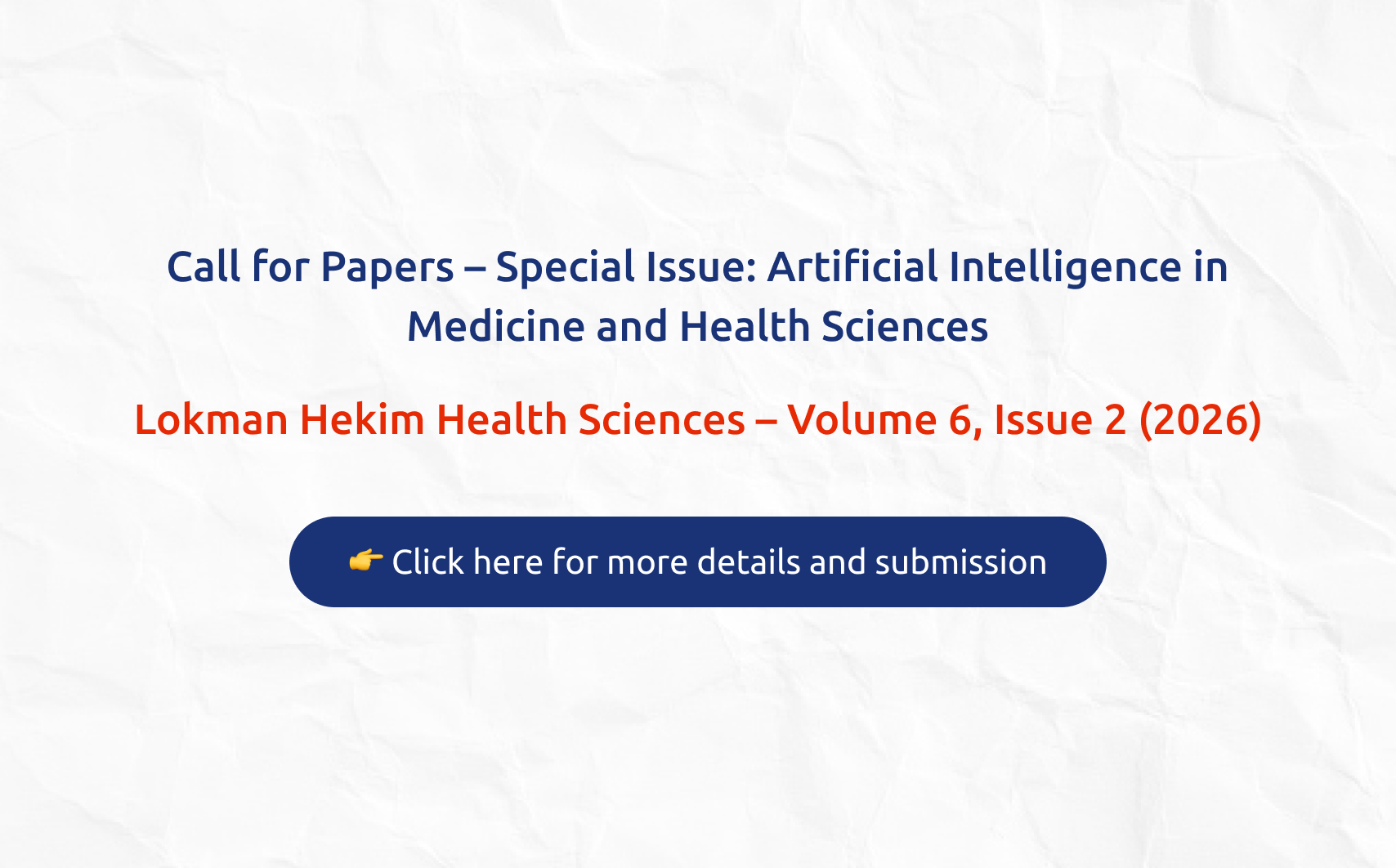
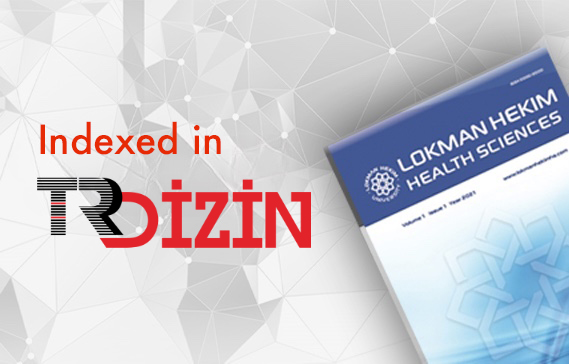
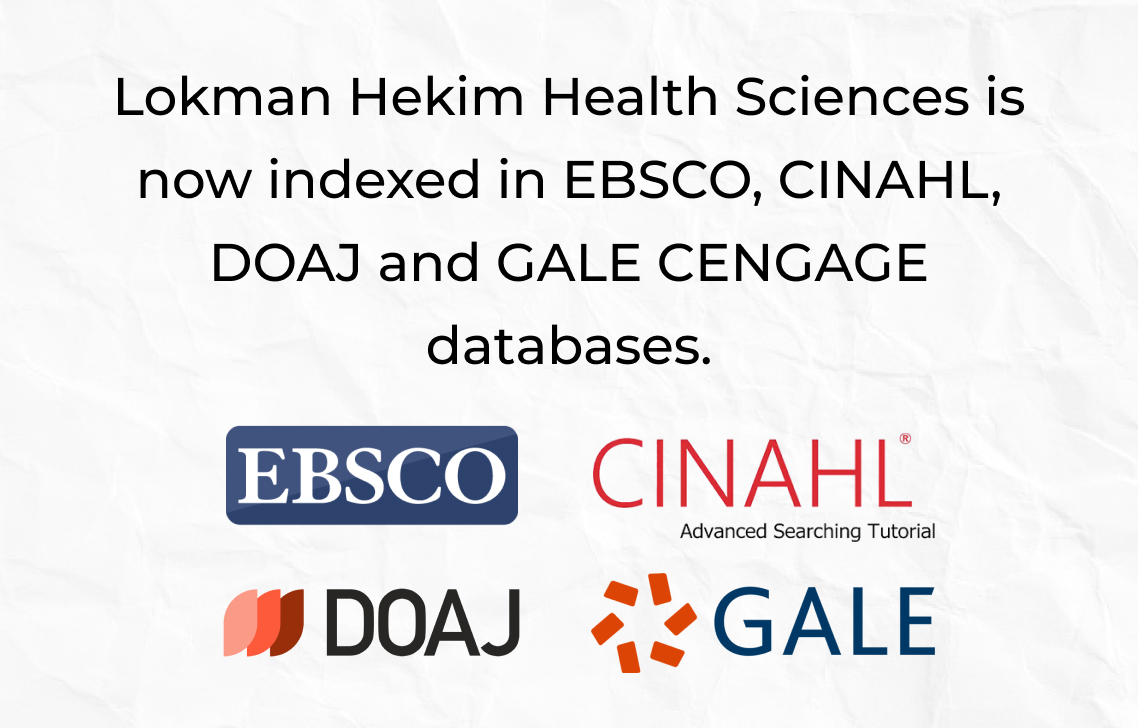
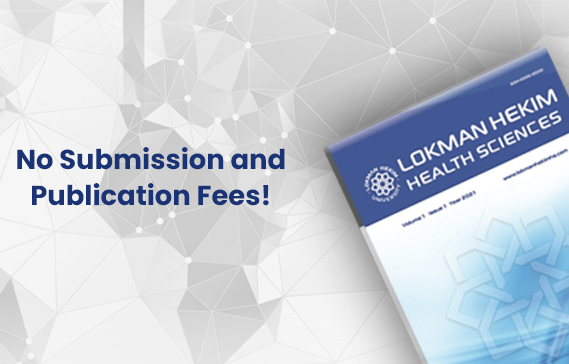
 Sevil Şahin1
Sevil Şahin1 









